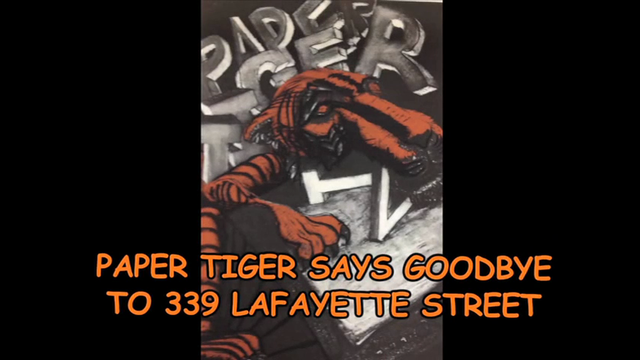Stream Art Day at Framer Framed
UKRAiNATV together with THE VOID (INC) came to co-organize a day long event at Framed Framed in Amsterdam. Part of the ongoing exhibition "Really? Art and Knowledge in Time of Crisis" this event will focus on streaming practices, hybrid and tactical media, stream art and expanded tv... With an open invitation to both in-person and online audiences, we will explores how media can be used as a tool for collaboration during times of crisis. It includes hands-on activities like PeerTube transmission tests, live stream workshop together with talks and creative performances.
Read
